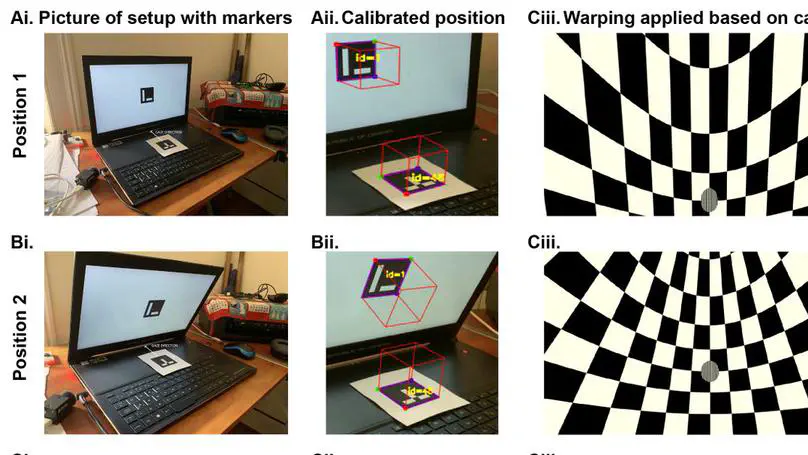Posts
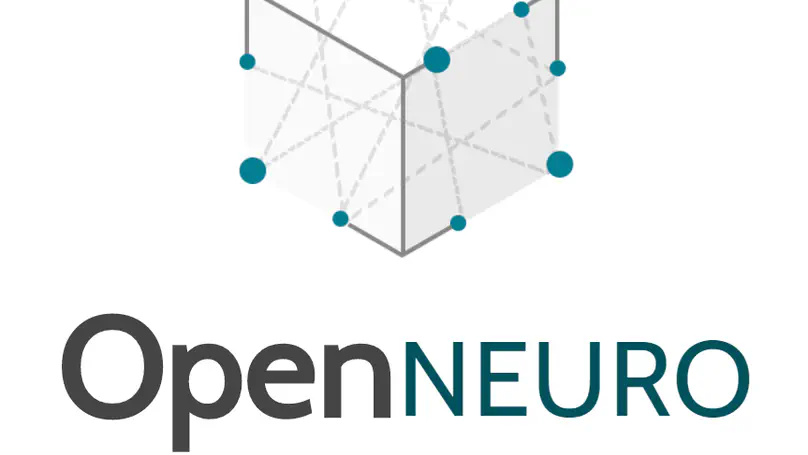
A free and open platform for sharing MRI, MEG, EEG, iEEG, and ECoG data. With OpenNeuro, you can: Browse and explore public datasets and analyses from a wide range of global contributors.
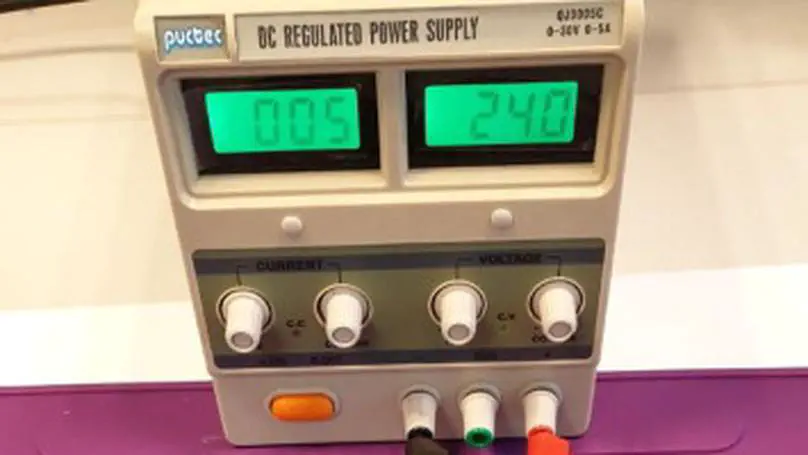
The project overall aim is to provide cost efficient solution to drive microfluidics systems for e.g. cell culture and organ on a chip applications. Pumps, valves and other accessories are ofter expensive to buy or very expensive to custom made.
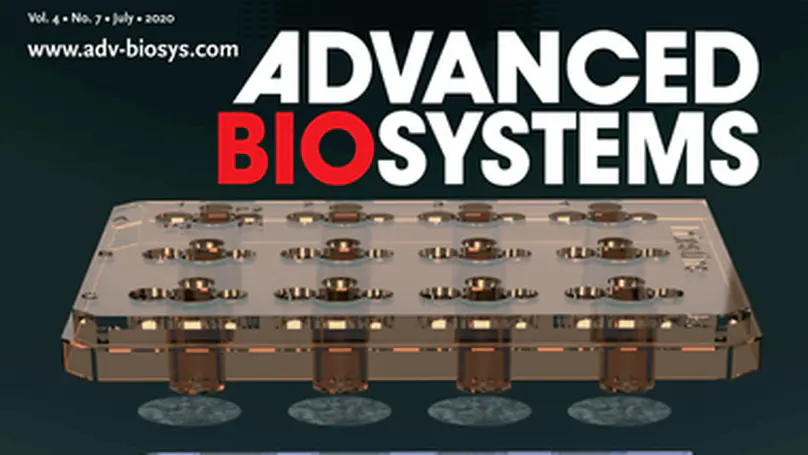
Organ on a chip is typically difficult to achieve due to large technical challenges such as fabrication of chips and systems and biological challenges such as co-culture of cells. In this project we have developed a system to stack 12 well plates inserts on top of each other where each plate holds a tissue.
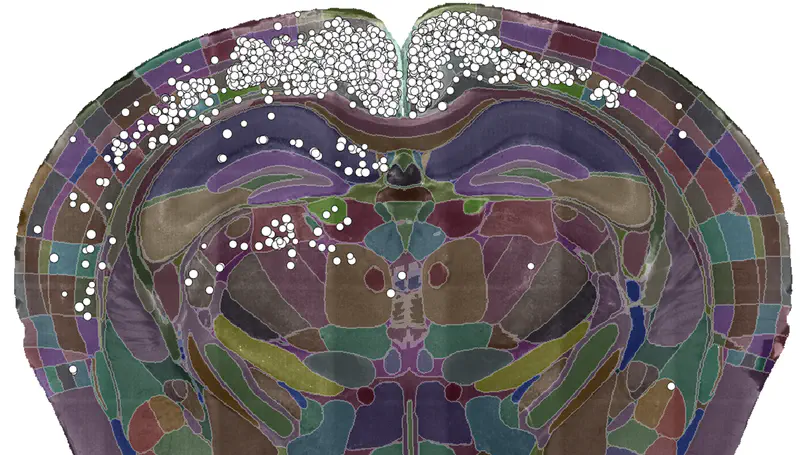
cellfinder is software from the Margrie Lab at the Sainsbury Wellcome Centre for automated 3D cell detection and registration of whole-brain images (e.g. serial two-photon or lightsheet imaging). It’s a work in progress, but cellfinder can:
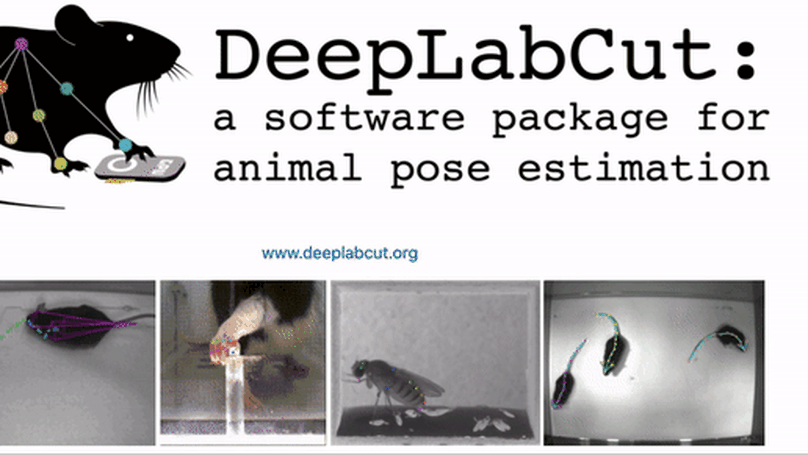
DeepLabCut™ is an efficient method for 3D markerless pose estimation based on transfer learning with deep neural networks that achieves excellent results (i.e. you can match human labeling accuracy) with minimal training data (typically 50-200 frames).
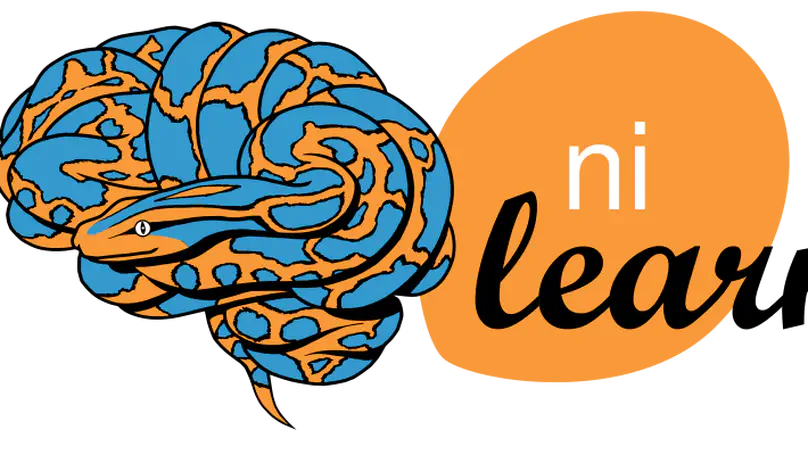
Nilearn is a Python module for fast and easy statistical learning on NeuroImaging data. It leverages the scikit-learn Python toolbox for multivariate statistics with applications such as predictive modelling, classification, decoding, or connectivity analysis.
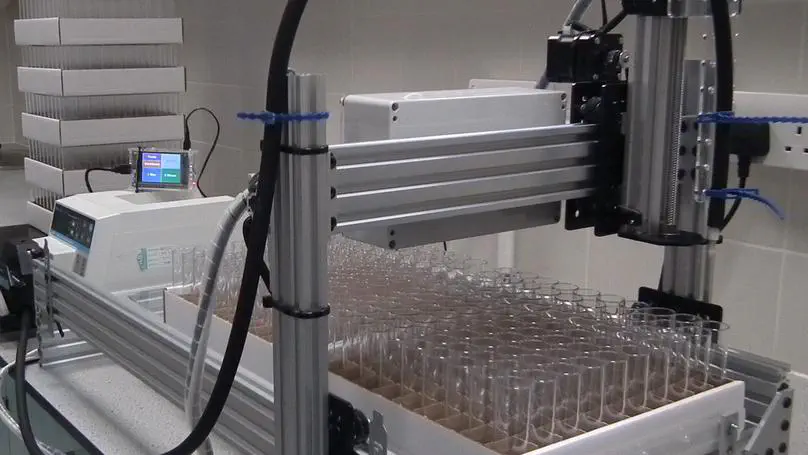
The fruit fly, Drosophila melanogaster, continues to be one of the most widely used model organisms in biomedical research. Though chosen for its ease of husbandry, maintaining large numbers of stocks of fruit flies, as done by many laboratories, is labour-intensive.
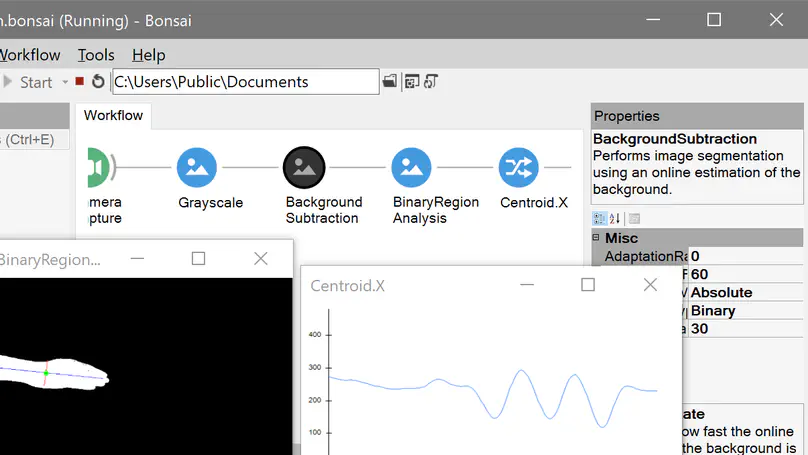
Bonsai is a high-performance, easy to use, and flexible visual programming language for designing closed-loop neuroscience experiments combining physiology and behaviour data. Bonsai has allowed scientists with no previous programming experience to quickly develop their own experimental rigs and is also being increasingly used as a platform to integrate new open-source hardware and software from the experimental neuroscience community.
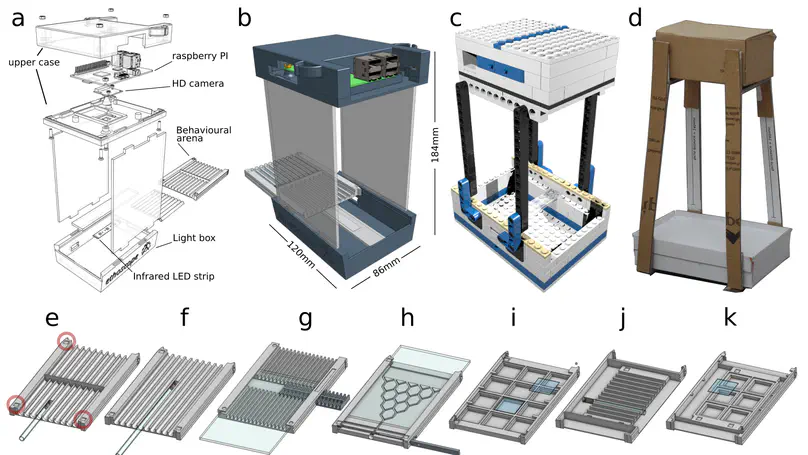
Ethoscopes are machines for high-throughput analysis of behavior in Drosophila and other animals. Ethoscopes provide a software and hardware solution that is reproducible and easily scalable. They perform, in real-time, tracking and profiling of behavior by using a supervised machine learning algorithm, are able to deliver behaviorally triggered stimuli to flies in a feedback-loop mode, and are highly customizable and open source.
